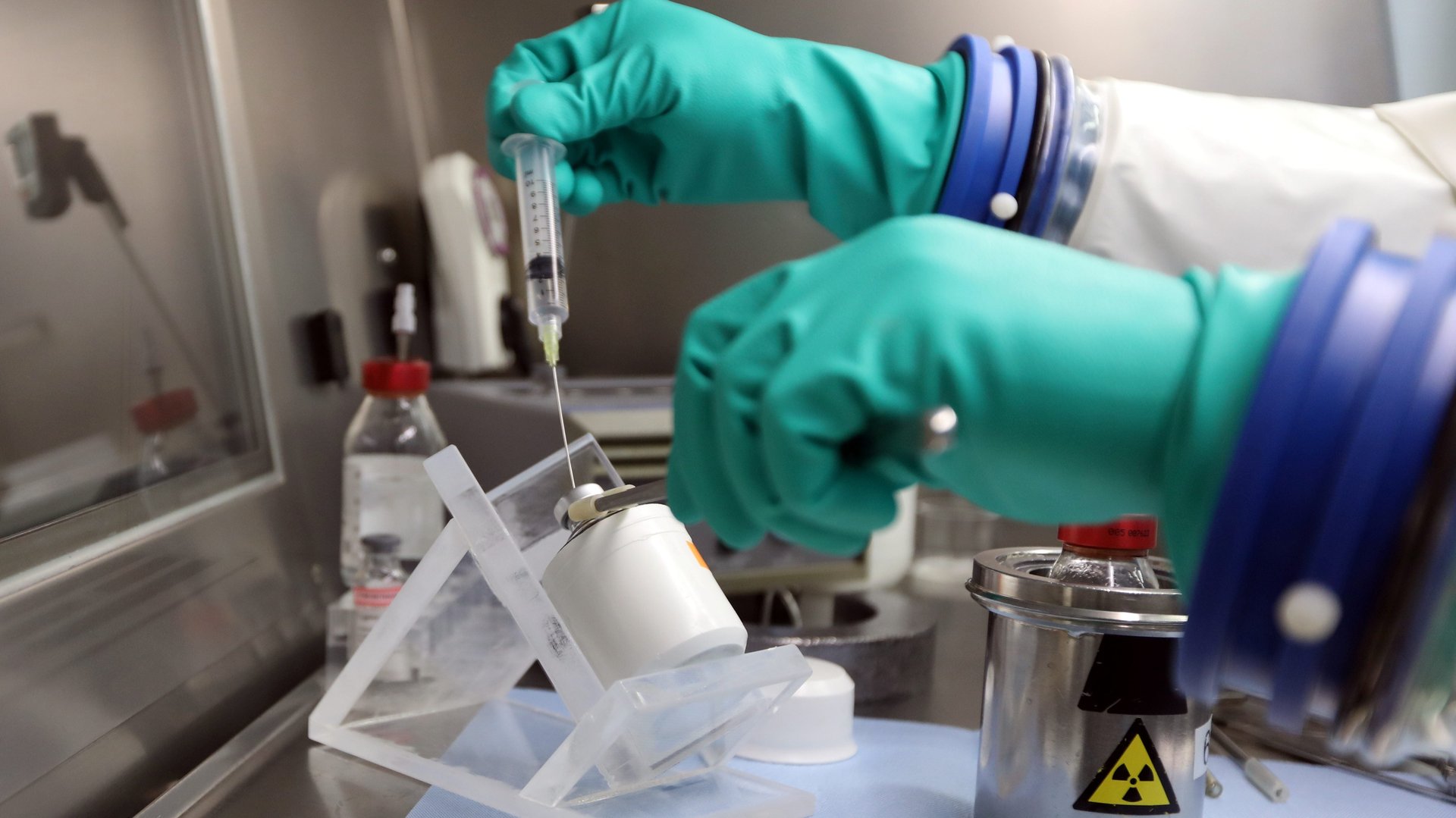Rare disease drugs stand out in 2019’s top-performing pharma stocks
2019 was a great year for publicly-traded pharmaceutical companies. Among top-performing stocks, as determined by the increase in their value from Jan. 1, 2019 through the end of the year, many belonged to drug companies. Of the 10 companies topping the list, six were pharmaceutical outfits.


2019 was a great year for publicly-traded pharmaceutical companies. Among top-performing stocks, as determined by the increase in their value from Jan. 1, 2019 through the end of the year, many belonged to drug companies. Of the 10 companies topping the list, six were pharmaceutical outfits.
Notably, many of these companies are developing drugs for a handful of rare diseases. Mostly, these treatments haven’t been approved by the US Food and Drug Administration yet—they’re still technically in the research phase.
There’s Acadia Pharmaceuticals, based in California, which has a drug in late-stage clinical trials for Rett syndrome, a genetic condition that affects fewer than 1,000 people in the US annually. Or take ChemoCentryx, another California-based company, whose drug furthest down the development pipeline is for a rare hereditary blood vessel disorder called antineutrophil cytoplasmic antibody. It affects just four to 18 people per 100,000. Eidos Therapeutics (also, wait for it, California-based) is developing a drug to treat transthyretin amyloidosis, a family of rare genetic diseases that lead to buildups of amyloid proteins all over the body. They affect roughly one in 100,000 people.
Rare diseases aren’t the only target of the companies on the list. Many of them are tackling far more common disorders, like cancer and atherosclerosis, or include portfolios of drugs that would serve both small and large patient populations. Nervo Corp, for example, makes a stimulation treatment for chronic pain, which affects 11% to 40% of US adults. The success of its stock this year could be attributed to its large market size.
But there’s a reason that pharmaceutical companies may want to tackle rare conditions in particular: patent exclusivity. In 1983, the US passed a law called the Orphan Drug Act, which incentivized developing drugs for rare diseases by offering drug companies patents that are seven years longer than the typical 20-year period. This means that companies selling drugs for rare diseases have more time to sell the drug exclusively before it becomes generic and can be manufactured by others. This could be beneficial for investors who get in on it early.
Of course, these drugs could just as easily flop in the long term. Most of these companies are still in the testing phase, and only about 13.8% of all drugs that start off in clinical trials make it all the way through to FDA approval, according to a study from researchers at the Massachusetts Institute of Technology published earlier this year.
But to many investors, the fact that many of these companies are still in the testing phase doesn’t matter. Biotech or pharmaceutical companies with drugs that are still in development have stocks that are extremely volatile. They’re highly dependent on the results of early-stage clinical trials, like those that merely assess a compound’s safety in a small number of participants. And those results are more likely to be positive than later-stage clinical trials that look at the drug’s efficacy. A pharma company’s short-term returns reflect only the fortunes of its investors—not necessarily future drug recipients.